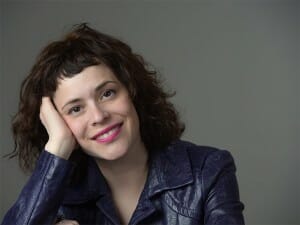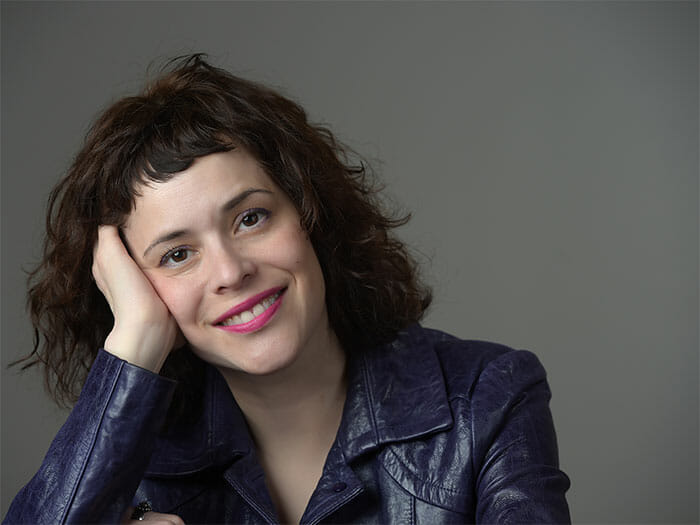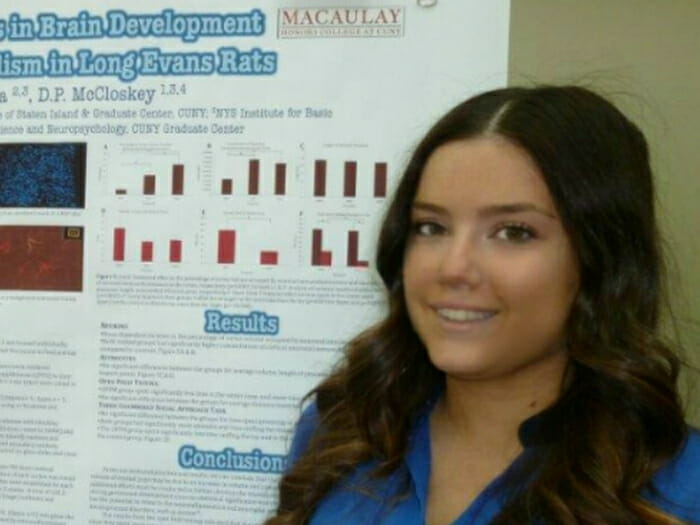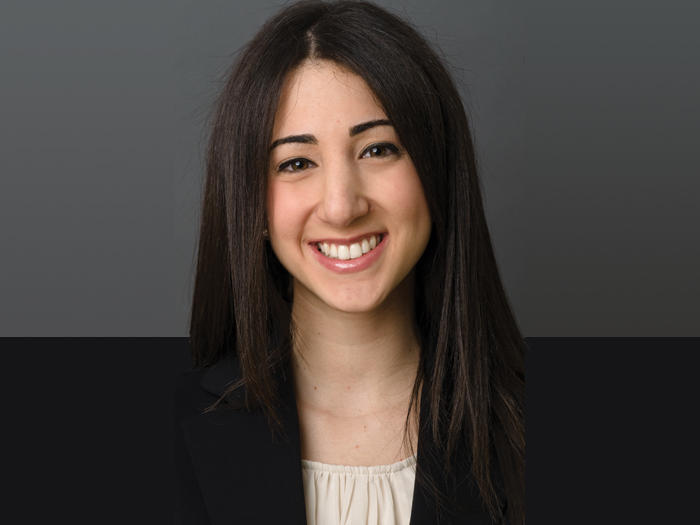
Professor Cate Marvin is a co-founder of VIDA: Women in Literary Arts, a research-driven organization that works to increase critical attention to contemporary women’s writing as well as further transparency around gender equality issues in contemporary literary culture. Image courtesy of CUNY Photo.
Cate Marvin was recently awarded a 2015 John Simon Guggenheim Memorial Foundation Fellowship in Poetry.
Professor Marvin conducts poetry workshops and teaches creative writing and literature classes with the English Department at CSI, claims that this year was not the first year that she applied for the Fellowship, which makes the award even more “rewarding” since she understands the effort that goes into the application process as well as what the award means for an artist’s career. “The Guggenheim Fellowship is not for emerging writers,” said Prof. Marvin, adding, “The biggest honor of the award is that it is not only recognition for the work you have done but a vote of confidence for the work you will do in the future.” The Guggenheim Fellowship is doubly meaningful since it is awarded to members of different disciplines; it places one’s work among the pantheon of artists, scholars, and scientists and gives each award equal importance.
The award comes just on the heels of the publication of her latest book of poems, Oracle, which Poet Laureate Robert Pinsky called “a witty and elegiac new collection from the author of ‘exhilarating, fierce [and] powerful’ verse,” and Vanity Fair asserts “channels the colorful voices of Staten Island.”
The poems contained within Oracle all concern women in contemporary culture who speak to power and control. In her discussions of the book, Professor Marvin calls Oracle “a book of elegies” and notes that it is “definitely haunted.”
Prof. Marvin states that by the age of 11, she was “pretty into poetry” and credits her parents for never pressuring her “to do something with your life,” which she fears many other parents do to their children.
“I knew I wanted to be a poet by the time I was 17,” she says of discovering her unique talents. “I remember writing a poem and feeling like the poem was being written through me.” She “figured out this is great, I love this,” during a creative writing class in high school.
Her passion for writing extends to the classroom where she encourages her creative writing students to “lose their self-consciousness” and to start getting rid of what she calls “that inner censor.” She admits writing is hard work but something that is worth all of the work and though it is not glamorous, the hard work is something that is not only part of writing, it is something that she actually enjoys and she tries to share that passion for writing and evolving as an artist with her students.
Along with her work as a writer and a teacher, she co-founded VIDA: Women in Literary Arts in 2009 with several other writers to encourage more women to get involved in critical discourse. She believes that collaboration can be seriously beneficial to writers since they can be “pretty solitary—it’s just the nature of the work.” According to VIDA’s Website, the organization’s mission is to “increase critical attention to contemporary women’s writing as well as further transparency around gender equality issues in contemporary literary culture.”
As Prof. Marvin celebrates her Fellowship award, she is also looking ahead to her next work, a proposed book of poems about Willowbrook, and the suffering that occurred where CSI’s campus now stands.
Since 1925, the John Simon Guggenheim Memorial Foundation has annually offered Fellowships to artists, scholars, and scientists in all fields. Often characterized as a “midcareer” award that is intended for men and women who have already demonstrated exceptional capacity for productive scholarship or exceptional creative ability in the arts, the Foundation receives between 3,500 and 4,000 applications each year. This year, after considering the recommendations of panels and juries consisting of hundreds of distinguished artists, scholars, and scientists, the Board of Trustees has granted 175 Fellowships across more than 50 disciplines.














